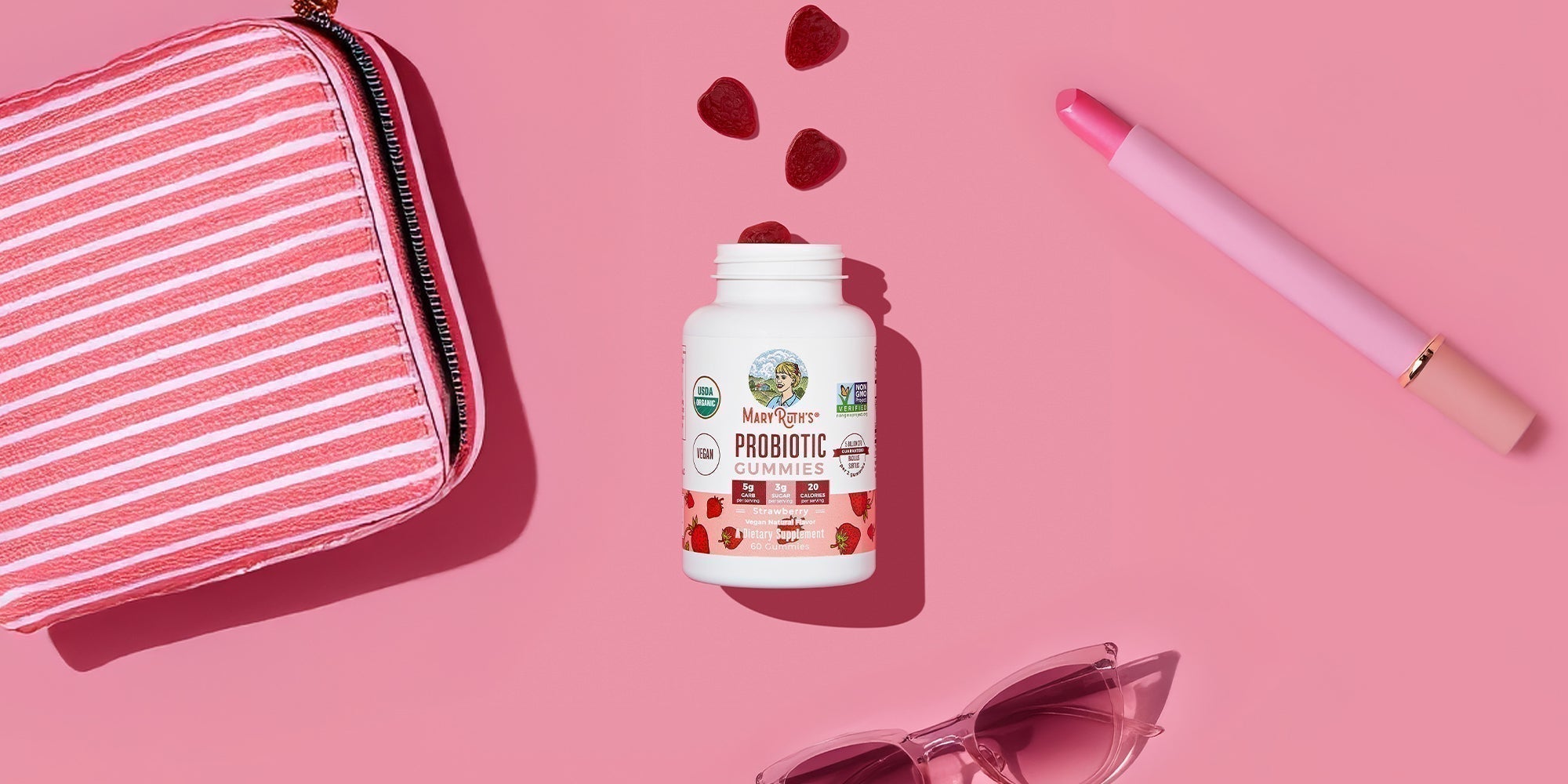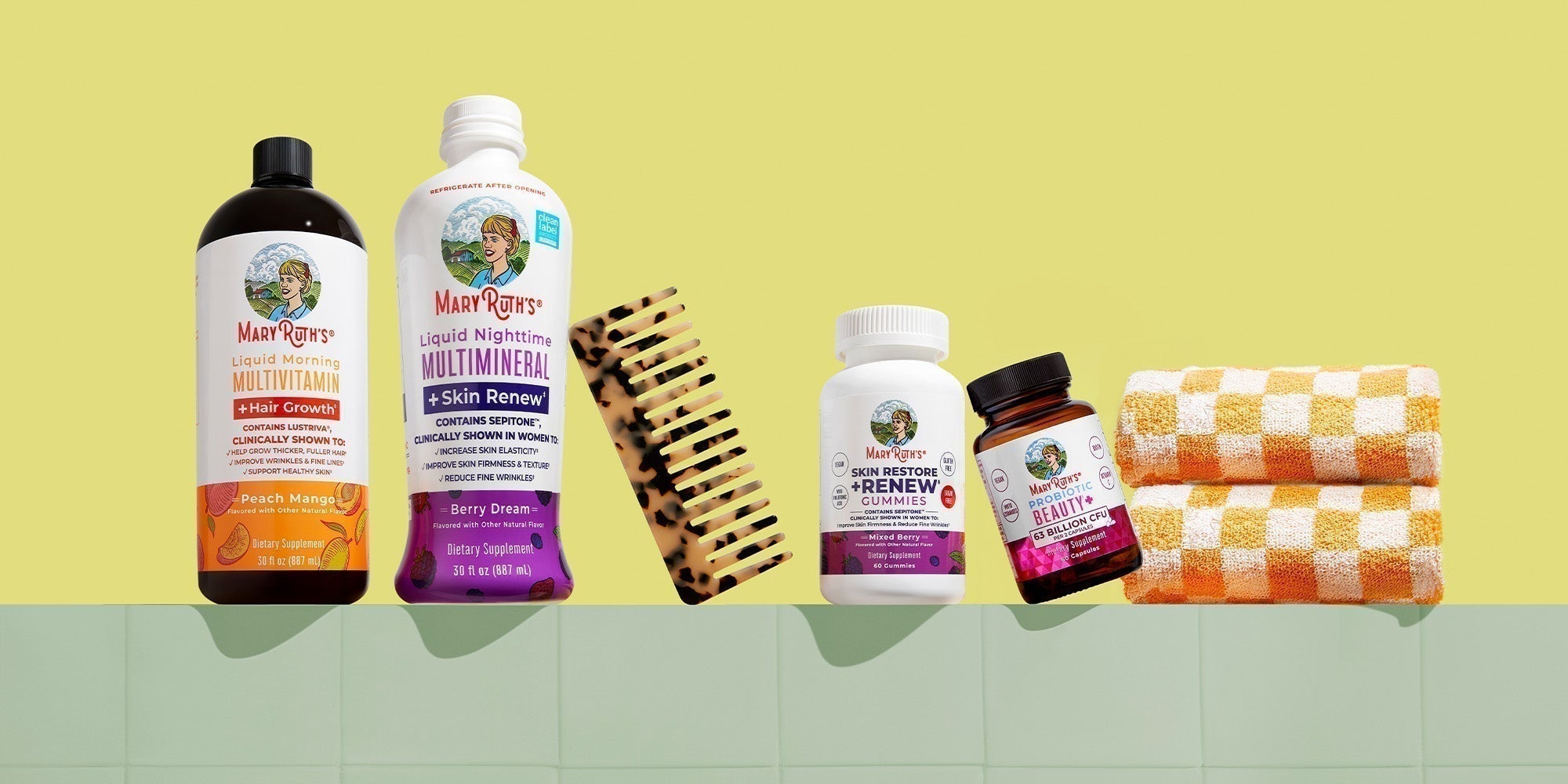Learn more about quercetin, a flavonoid that may support healthy inflammation levels.
Quercetin, a member of the flavonoid family and present in our everyday foods, has recently got our attention!
Studies have shown that the plant flavonoid may support healthy inflammation levels and cardiovascular function. It also may aid in the seasonal immune response and may help support healthy histamine levels. But we're curious what else it has to offer!
Let's dive deeper into quercetin and learn more about this natural ingredient.
What is Quercetin?
Quercetin is a flavonoid found in many plants with antioxidant properties, including citrus, berries, leafy vegetables, herbs, spices, legumes, tea, and cocoa. It can also be purchased as a dietary supplement for various uses. Typical doses range from 500–1,000 mg per day, though there is no established daily value by the FDA.
What does Quercetin do?
Quercetin may help benefit a variety of things, including seasonal immune response, cardiovascular health, and may support a healthy response to occasional inflammation. It also may support many functions in the body, including healthy histamine levels.
Additionally, studies have found evidence that quercetin may support arterial health and function.
Natural sources of Quercetin
Fruits and vegetables are the primary dietary sources of quercetin, particularly citrus fruits, apples, onions, parsley, sage, tea, and red wine.
Olive oil, grapes, cherries, and berries (blueberries and blackberries) are also high in quercetin and other flavonoids.
Why supplement with Quercetin?
This compound may support your body's immune response and help with occasional airborne irritants.
Our Quercetin Liposomal may also help support normal inflammation levels, cardiac function, and healthy normal arterial function.
If you're looking for a bioflavonoid that can support your body on a cellular level, reach for our easy-to-take Quercetin Liposomal!





